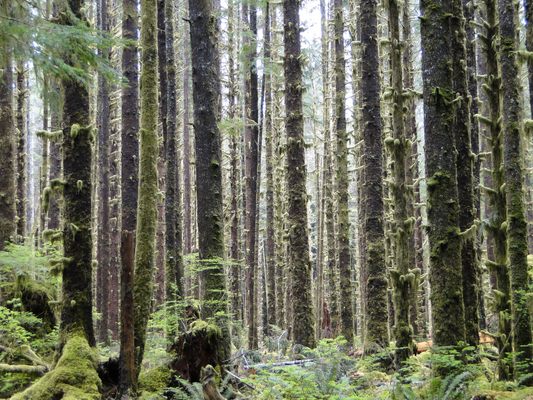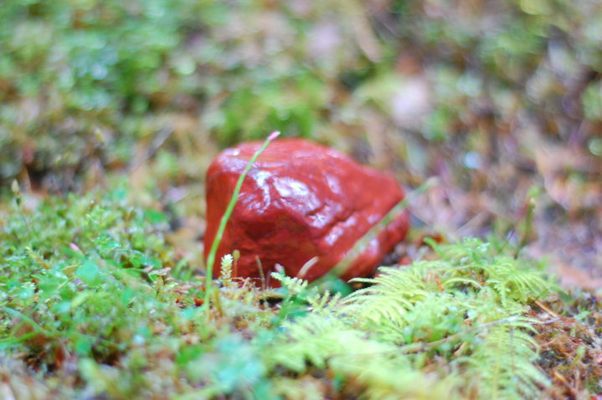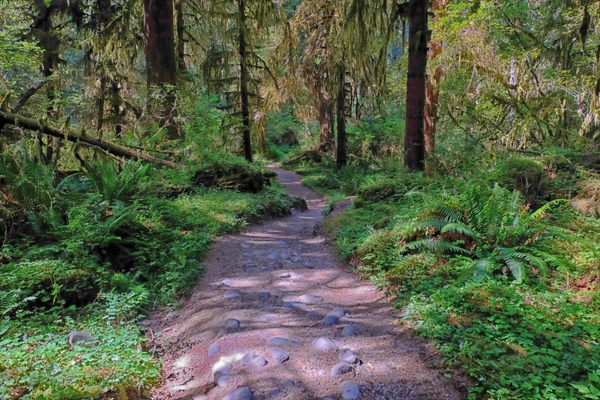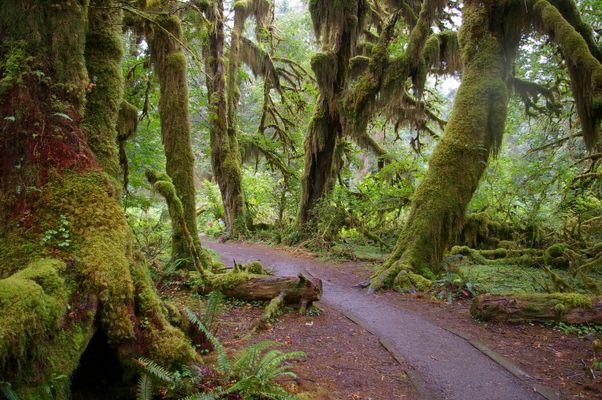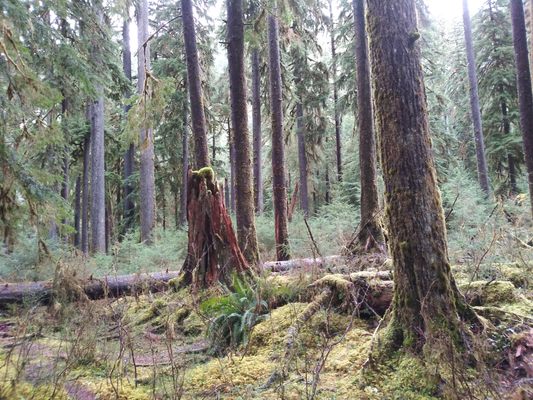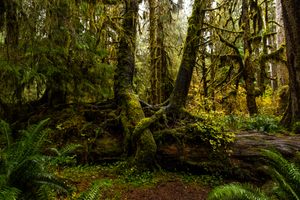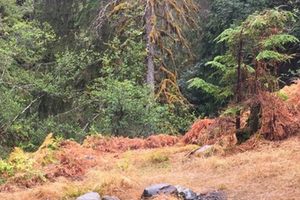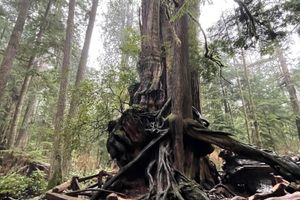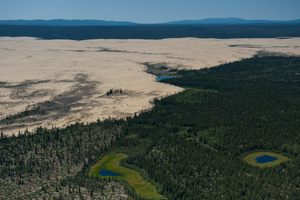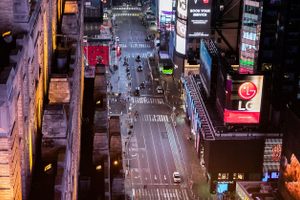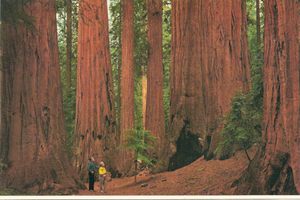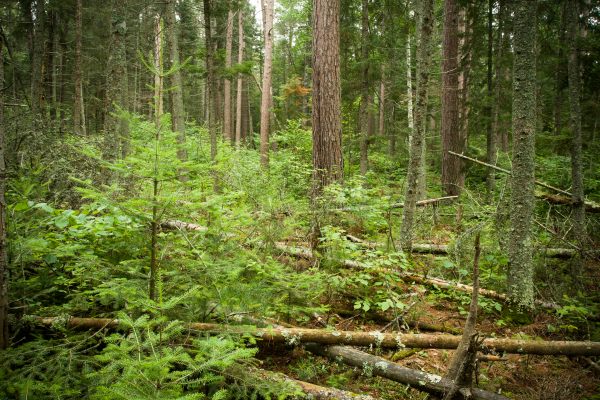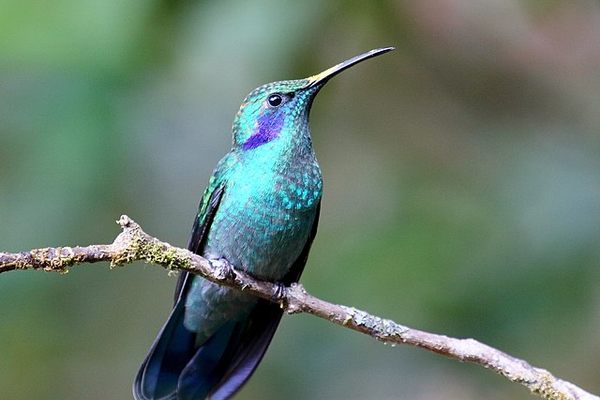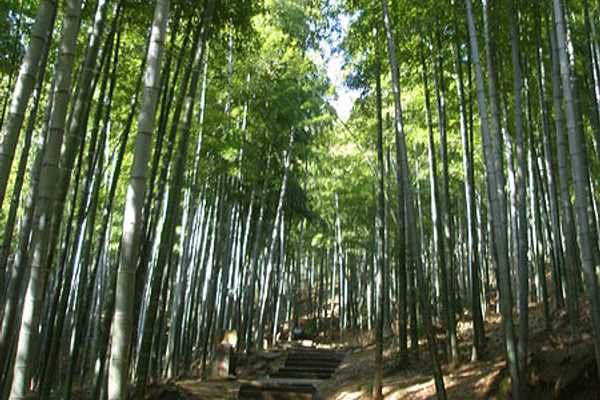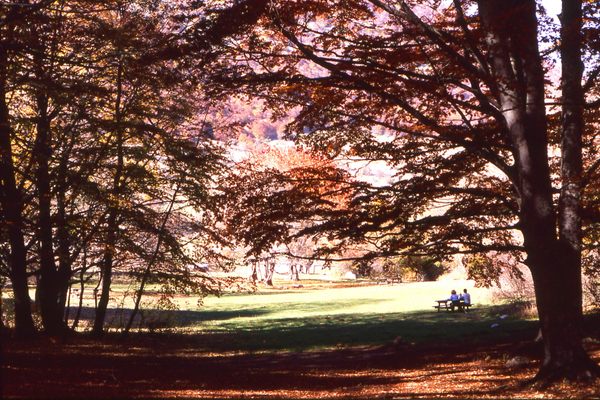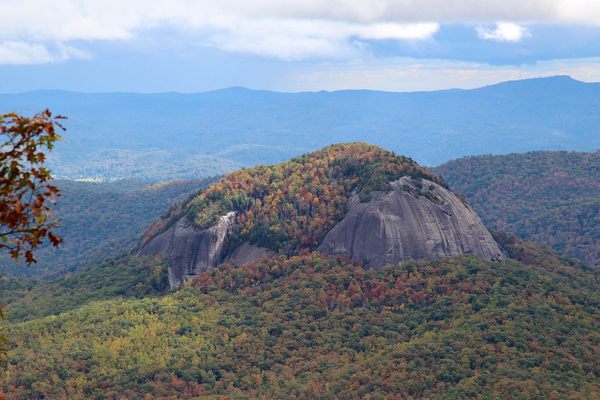About
In the verdant wilderness of Washington's Olympic National Park lies a small red pebble covering one square inch of space atop a moss-covered log. Though easy to miss among the snarls of flourishing flora, this red pebble marks what some claim is the quietest place in the United States.
One Square Inch of Silence, an independent research project created by the author and Emmy Award-winning acoustic ecologist Gordon Hempton, aims to protect the space from human noise intrusions. The tiny quiet spot, accessible via a three-mile rainforest hike down the Hoh River Trail near Forks, was designated on April 22, 2005 (Earth Day) as a “noise control project” to ensure the decibel count at the square inch would never rise.
It’s supposed to be a place utterly devoid of ambient noises, such as the roar of an airplane or the shrill ring of a cellphone. But the area isn’t completely silent. It’s designed to highlight the difference between natural sounds—things like the soft trickle of rainwater or the buzzing hum of an insect—and human noise. Hempton launched this "sanctuary of silence" with the hope the place will allow people to listen to and connect with the sounds of nature. The absence of anthropogenic noise is also good for the wildlife, as human noise often negatively affects animals’ feeding, breeding, and nesting habits.
Ideally, One Square Inch of Silence will act as an epicenter for a phenomenon that will reverse the effects of noise pollution. By encouraging and spreading silence, it could potentially counteract the rippling consequences loud human noises have on the local environment.
So far, the whole endeavor has been effective for the Olympic National Park preservation movement. Hempton chose the spot because of the park’s preexisting dearth of roads and air traffic. It was a clever conservation tactic: by protecting the square inch from noise pollution, it becomes necessary to preserve the entire surrounding national park as well.
The square inch of silence is one of only 12 "quiet zones" remaining in the U.S., and its reputation as being the country's quietest place has been supported by the readings of decibel meters. But its integrity is at risk. There’s no way to enforce absolute silence within the area. When an intrusion occurs, Hempton tracks down the offending party and sends them a recording of the soundscape they’ve interrupted with the hope they’ll voluntarily make an effort to reduce or reroute the source of the noise.
It is ironic that the one man-made noise heard at this site is made by a federal agency, illegally. Since 2012, the US Navy has been flying through the above airspace on training missions. Growler jets on electronic warfare simulations are often heard by visitors to the Hoh Rainforest. Despite protests by local and national activists and concerned citizens, the military continues its intrusive noise campaign.
Related Tags
Know Before You Go
Respect the ancients when leaving the main trail but stick to the established path, tread carefully on soft ground.
Community Contributors
Added By
Edited By
Published
July 21, 2017
Sources
- https://en.wikipedia.org/wiki/One_Square_Inch_of_Silence
- http://www.oregonlive.com/travel/index.ssf/2013/05/one_square_inch_of_silence_in.html
- http://www.huffingtonpost.com/2015/01/25/quietest-place_n_6509890.html
- https://www.adventure-journal.com/2017/05/theres-just-one-square-inch-silence-left-u-s/
- http://www.smithsonianmag.com/travel/hoh-rainforest-quietest-spot-us-180958654/
- http://www.nationalgeographic.com/video/shorts/he-hears-music-in-the-quietest-place-on-earthcan-you/
